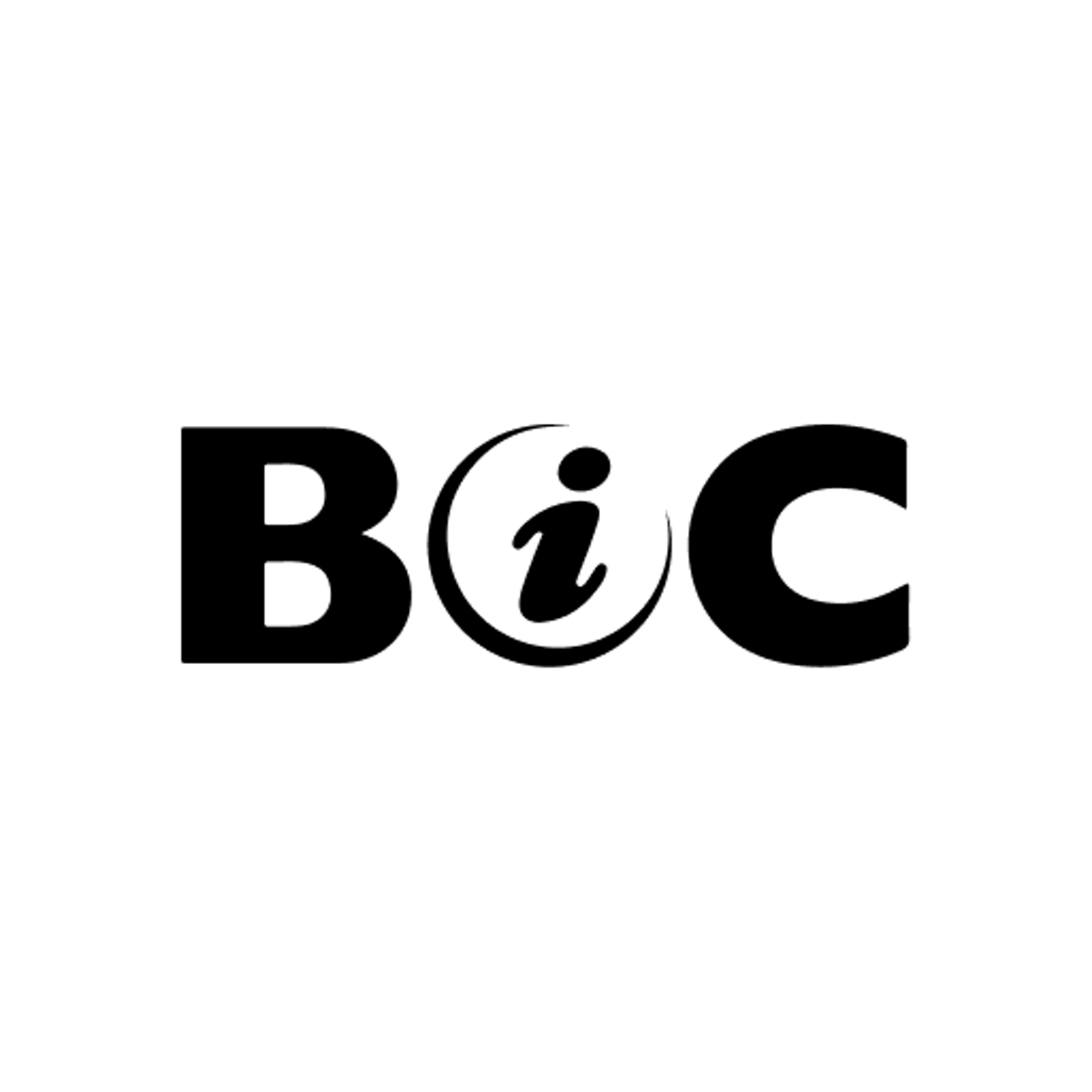The Jilamito Hydroelectric Project: How can the U.S. better protect the rights of project-affected communities?
Published: November 04, 2021

Caroline Vesey and Carolina Juaneda
In late 2020, the IDB Invest approved a $20.25 million loan for the Jilamito Hydroelectric Project in Honduras with support from the U.S. Executive Director. At the time the United States’ own development finance institution, the Development Finance Corporation (DFC), was also considering supporting the project with a $35.7 million loan. However, in May 2021, the DFC withdrew its support for the project, reportedly over human rights concerns after an extensive due diligence process. The continued participation of the U.S. in this project through its position at the IDB Invest is an overt contradiction. BIC has documented instances where DFC policy falls short of what the U.S. requires of the Multilateral Development Banks (MDBs), but in this case, the U.S. actually endorsed a project at an MDB that its own institution saw as too problematic. This demonstrates glaring policy inconsistencies between the DFC and U.S. posture at the MDBs, weakening U.S. credibility across the development landscape.
Over the last few years, communities and activists have protested the project, with at least two people killed in retaliation for these activities. The IDB Invest project’s sponsor, Hermacasa S.A., controlled by Emin J. Abufele and Massachusetts-based Simonds International, is tied to the corrupt government of Honduras and the violence against activists. While community activists applaud the DFC’s decision to withdraw from the project, they continue to protest the IDB Invest’s support.
Part of IDB Invest’s due diligence process was the institution’s response to a letter from Honduran groups and project-affected communities. In the letter, the IDB Invest states that the project has an approved environmental license to operate and was approved by the community in a town hall held in the Municipality of Arizona in 2015. However, local stakeholders contest the legitimacy of this environmental license due to irregularities [1] and the legitimacy of the town hall because community members allege that the Mayor paid the attendees for their support. [2]
The IDB Invest is largely opaque about how the client engaged with project-affected communities, particularly those who opposed the project, prior to project approval as well as how it verifies information received from the client, including the client’s ability to effectively apply the IDB’s Performance Standards. To this point, the U.S. has not done enough to encourage the IDB to investigate and address the issues raised by the communities.
How can the U.S. better coordinate and strengthen its international development strategy at the MDBs and the DFC?
In the coming months, the United Nations will host dialogues between project-affected communities and the project sponsor, Hermacasa S.A. While the IDB Invest will participate as an observer, the DFC will not join these conversations, which sends a strong message that the United States’ own development bank categorically rejects the Jilamito Project and will not legitimize its existence.
The United States’ continued support for the Jilamito Project at the IDB Invest damages U.S. credibility with international partners and communities. We urge the administration and Congress to consider the following recommendations:
- The U.S. should publicly disavow its support for the Jilamito project at the IDB Invest and call the IDB Invest to divest from the project. In the letter to Secretary Yellen, project-affected communities explain why people on the ground want the IDB Invest to divest from the project. They also show the social, contextual, and institutional complexities that were not addressed during the IDB Invest’s due diligence process. Also, there are several concerns about the sponsor’s failure to respond and address concerns from communities on the ground. The U.S. should push the IDB Invest to protect the rights of communities affected by the Jilamito project to avoid further harm.
- The Senate should work to swiftly confirm the CEO of the DFC, as well as the nominees for the U.S. Executive Director positions at the MDBs. Congress should then begin working with these officials on a coordinated U.S. approach to development finance policy that works towards upward harmonization of safeguards policies. Ideally, the U.S. would then support a more consistent standard of social and environmental policies across the MDBs and the DFC. In cases where there is a legitimate reason why the U.S. has differing positions between institutions, there should be transparency around the rationale.
- The DFC should cooperate with Treasury’s Office of Development Results and Accountability (ODRA). ODRA works closely with U.S. representatives at the MDBs to determine voting positions on projects based on U.S. environmental and social standards at the MDBs. We encourage the DFC to follow this model and coordinate with ODRA to achieve greater policy consistency between the MDBs and the DFC. Further, we recommend that if the U.S. decides not to support a project through any development finance institution, it should refrain from supporting that same project at a different institution. This would result in a more unified development strategy, and eliminate the current patchwork of support for development finance projects, as seen with the Jilamito Project.
BIC encourages the U.S. Government to learn from its experience with the Jilamito Hydroelectric Project and work to better align its policies and practices across the development finance landscape, particularly between the DFC and U.S. engagement at the MDBs. Creating a more coherent development strategy is crucial not only to strengthen the credibility of the U.S. at the MDBs and with the international community, but to achieve more inclusive and sustainable development outcomes.
For more information on BIC’s advocacy, subscribe to our newsletter.
[1] See the letter sent by project-affected communities to Secretary Yellen, April 2021.
[2] See letter to Secretary Yellen, April 2021 for details.
Photo: IDB Invest
